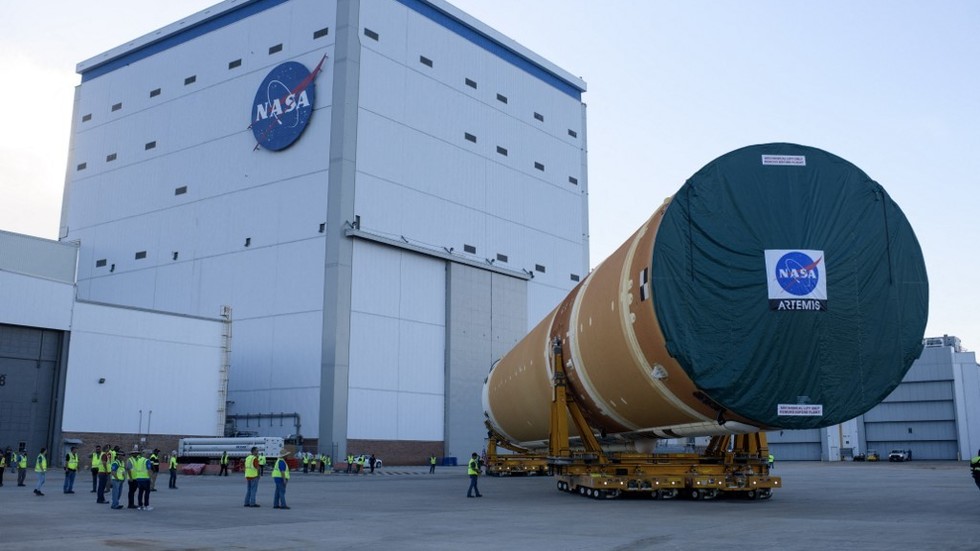Here's an update from Scott Manley, who's back Taiga side.
The maneuvering thrusters have a seal that expanded due to overheating and so blocked the oxygen supply. This means they can't get the capsule safely away from the space station so it's stuck. Another problem is
a CrowdStrike moment, with their software not tested for autonomous return (only for return with human pilots) which means they can't bring it back to Earth intact without a big update of unproven software. SpaceX, in the meantime, are planning to catch a gigantic friggin' booster in their next test of the Starship system.
Apparently the aforementioned seal was fitted by a subcontractor but the testing was in Boeing's purview. Manley suggests that they're going to pass the buck (again), which may be the reason why the issue happened in the first place. Still, he's all for having a go (must be the dourness creeping back in).
Looks like Boeing has fallen a couple of tiers in the aerospace industry, with critical problems with the 737 Max passenger plane (software and build quality). It's a tremendous tragedy that it's become a second world outfit.
The McDonnell Douglas merger happened back in 1997. The explanation to your claim is a collapse in morale (as per a Netflix's documentary). That's 27 years ago. Manley alludes to this obliquely in his report. McDD created the F15, the C17 and the Hornet so hardly a shabby outfit.
Boeing has 170,000 employees and they've been losing money since 2019 according to Wikipedia (although the situation is improving). I wonder if they make missiles too? Looks like that the F15 is an old reliable that will be called on again if there is something kinetic in the USN's short to medium term future as the F35 is underperforming mission readiness metrics.
This again.
https://www.palladiummag.com/2023/06/01/complex-systems-wont-survive-the-competence-crisis/
 ......it has probably slipped the timing two teeth or else they boiled it and the heads fucked
......it has probably slipped the timing two teeth or else they boiled it and the heads fucked
